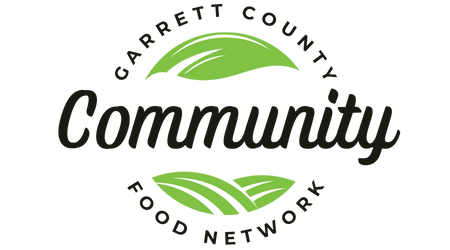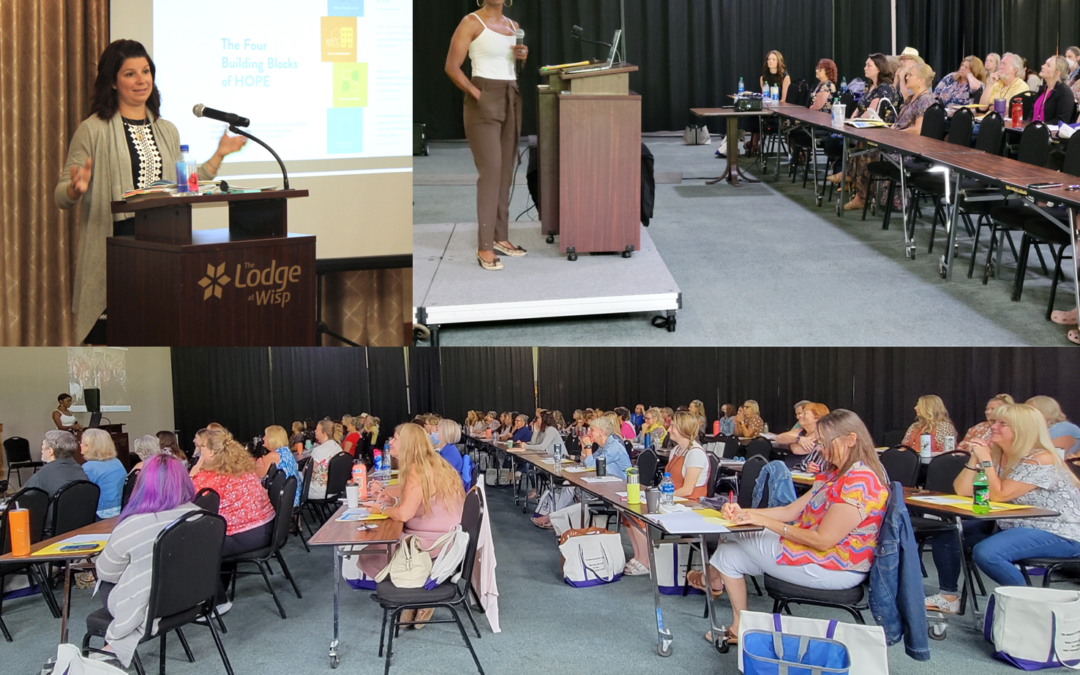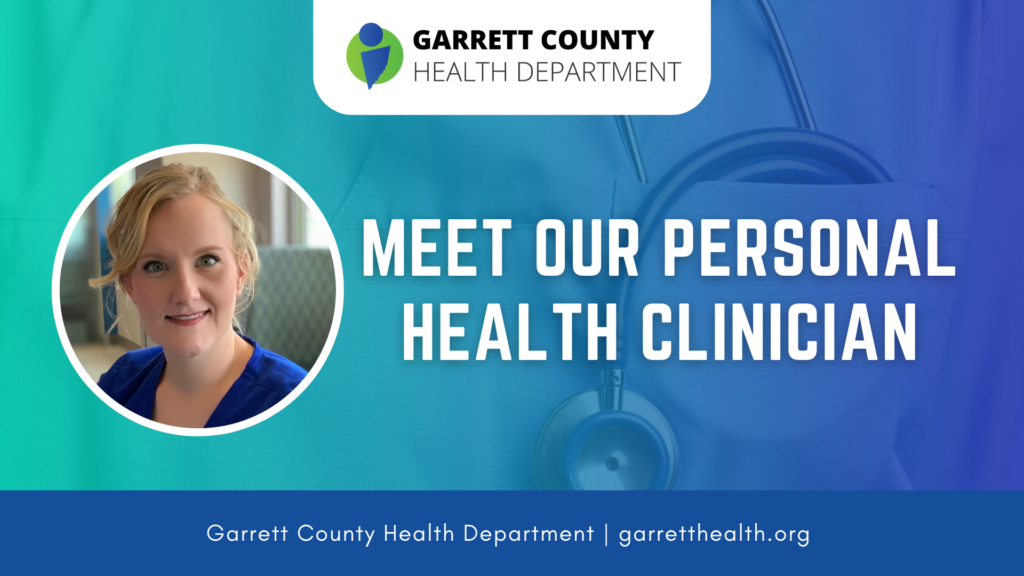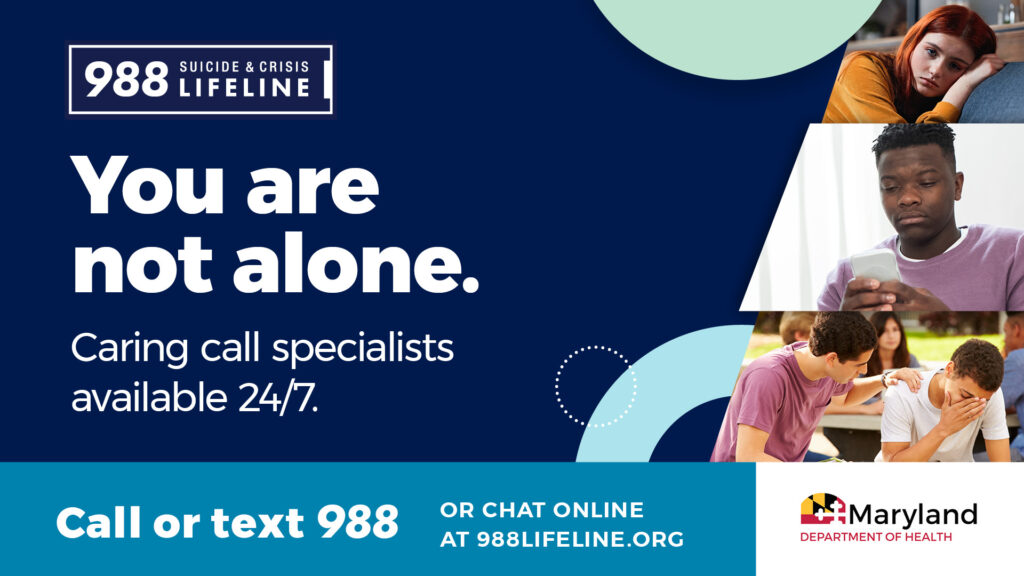By Diane Lee, Public Information Officer, Garrett County Health Department
In early August nearly 100 people gathered at the Wisp to gain a better understanding of how to help persons who have been impacted by trauma and adverse childhood experiences, or ACEs. Attendees of the Trauma-Informed Care Summit were from healthcare, public health, education, social work, and other disciplines, brought together by the desire to learn how to use Trauma-Informed Care principles to interact with persons affected by trauma.
“I think we provided a lot of resources and information about Trauma-Informed Care (TIC) and what a TIC approach would look like,” said Sadie Liller, organizer of the summit.
In this setting, trauma is an emotional response to a terrible event such as an accident, child abuse, rape, domestic violence, or a natural disaster. Long term reactions could include unpredictable emotions, flashbacks, and strained relationships.
“I had heard a fair amount of the information in the past in school or in other professional training, but I was never presented with information or a guide to providing care for individuals who have experienced trauma,” said Heather Cooper, Director of Personal Health at the Garrett County Health Department who attended the event as a participant. “One of my greatest takeaways was to treat everyone as a trauma survivor. If they have never experienced trauma, you haven’t done them any harm, but if they are a survivor, you will have shown them the best care you could have and helped in their healing. The staff did an incredible job bringing the topic of ACEs and Trauma to the forefront and providing caregivers with the information required to be agents of success when caring for the public.”
Heather Hanline, Executive Director of the Dove Center, set the stage for the Summit with her presentation called Creating a Self-Healing Community. She explained Adverse Childhood Experiences, the impact they can have across a traumatized person’s lifetime, and the importance of trauma informed approaches in serving survivors of trauma and in building resilience in communities.
The Summit Keynote speaker was Tonier Cain, who talked about trauma and recovery. Cain is a trauma survivor who shared her experiences to raise awareness of how trauma can present itself and to share the current best practices for care givers. Once addicted to cocaine and living on the streets, Cain is now a nationally recognized inspirational speaker, trauma care expert, business owner, and book author.
“It is our hope that each entity represented at the summit will begin to incorporate Trauma Informed Care into their culture and physical environment,” said Liller, “and that they continue educating themselves more fully on the Trauma Informed Care approach.”
Amy Myrick presented a workshop called Incorporating Trauma- and Asset-Informed Practice into the Care of Our Communities. Myrick is a Maryland licensed clinical professional counselor who specializes in working with traumatized populations. She presented from her broad base of knowledge from clinical and research work, training consultation, and writing peer-reviewed journal articles and books.
Barbara Miller served as the moderator for the Bridges Out of Poverty and the Poverty Simulation Workshop. Through her work with Community Action, Miller is well-versed in the causes and conditions of poverty, and on the issues facing our low-income communities and how we might more effectively help those who struggle to provide for their families.
“We hope that this will become a springboard for Garrett County to do more with TIC as resources become available,” said Liller. “We are glad to learn that the Garrett County Public Schools are one entity that is already moving toward a more TIC approach.”
For more information about ACEs and/or TIC, call 301-334-7730.
Cutline: At top left Amy Myrick, who specializes in working with traumatized populations, shares her knowledge with attendees of the Trauma-Informed Care Summit in August. The compelling story of keynote speaker Tonier Cain holds the attention of the audience in the pictures at top left and at the bottom.
- Meet Our Personal Health Clinician & Explore Services Available at the Garrett County Health Department’s Personal Health Unit! - November 27, 2024
- The Holiday Season Can Be Difficult. 988 Is Here For You 24/7. - November 27, 2024
- November/December Combined 2024 Health Planning Council Meeting Announced - November 27, 2024









